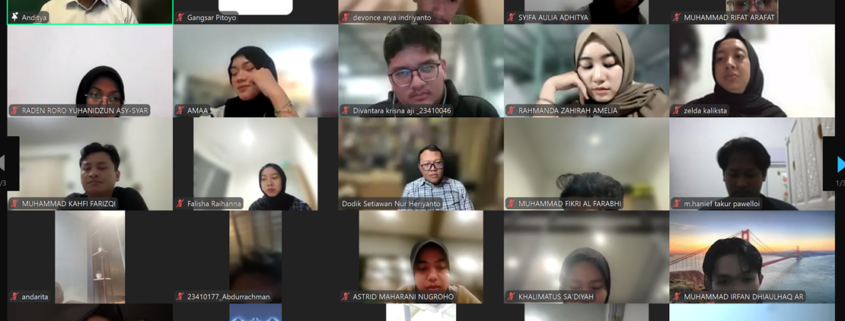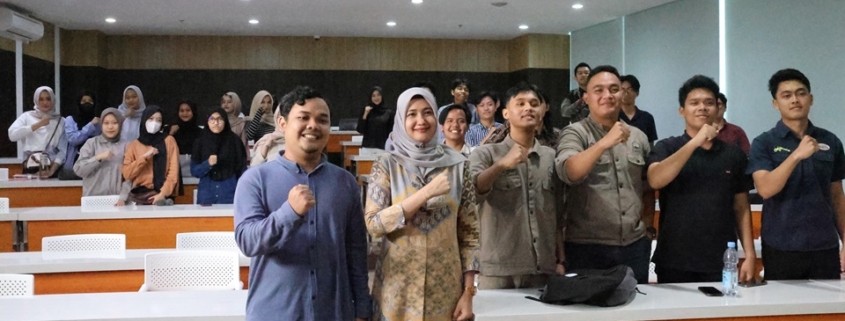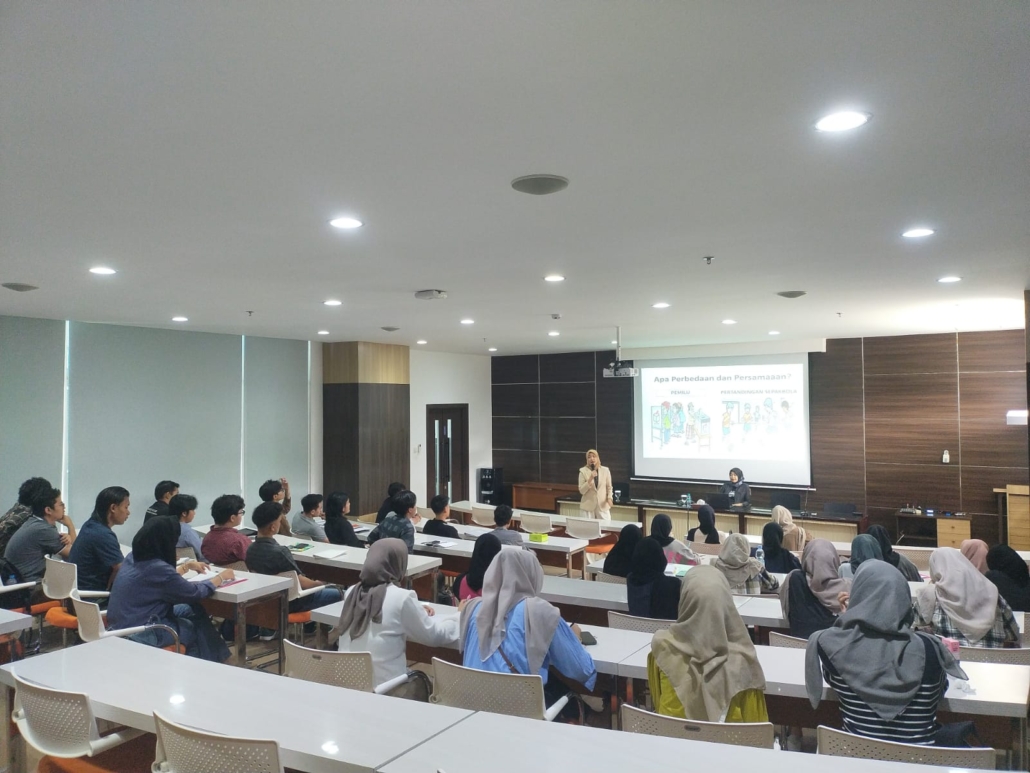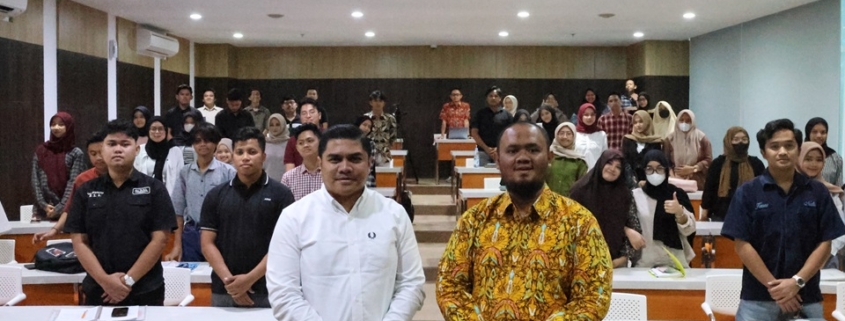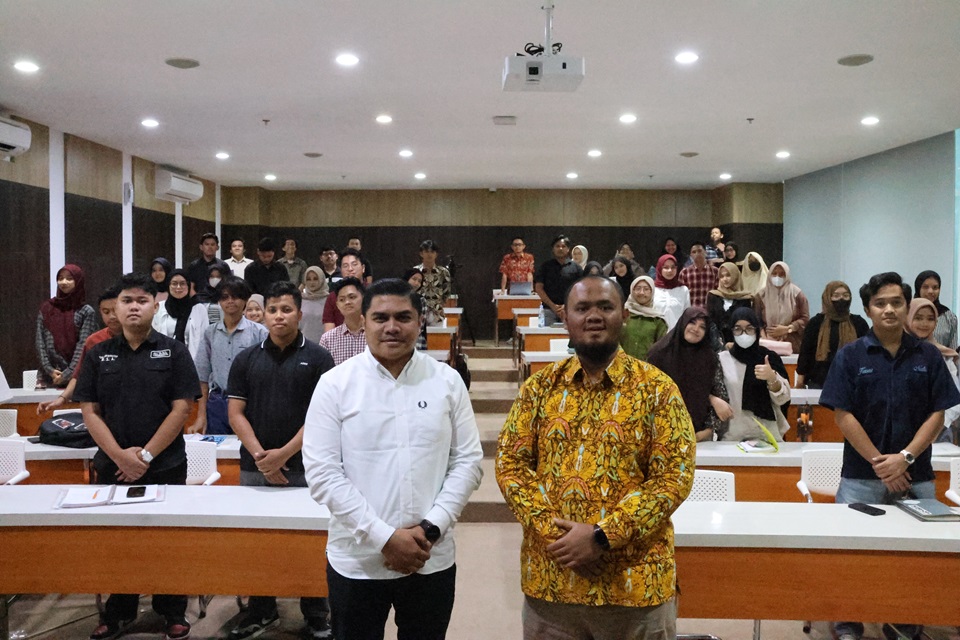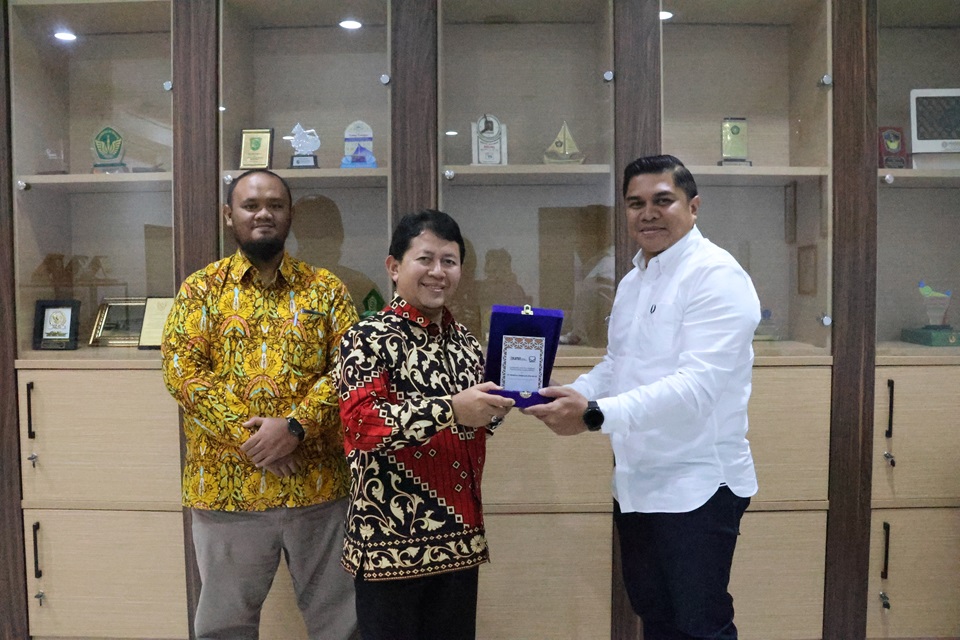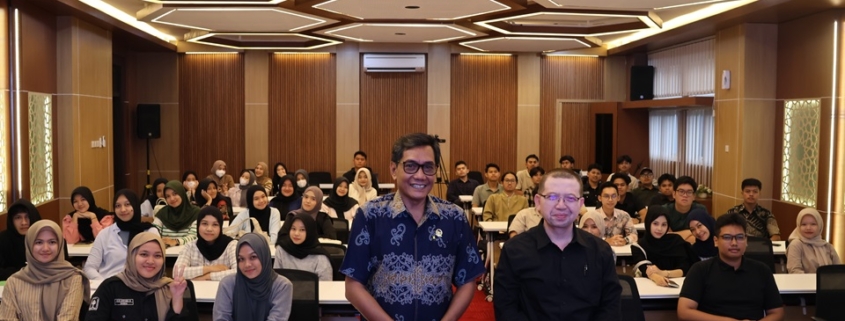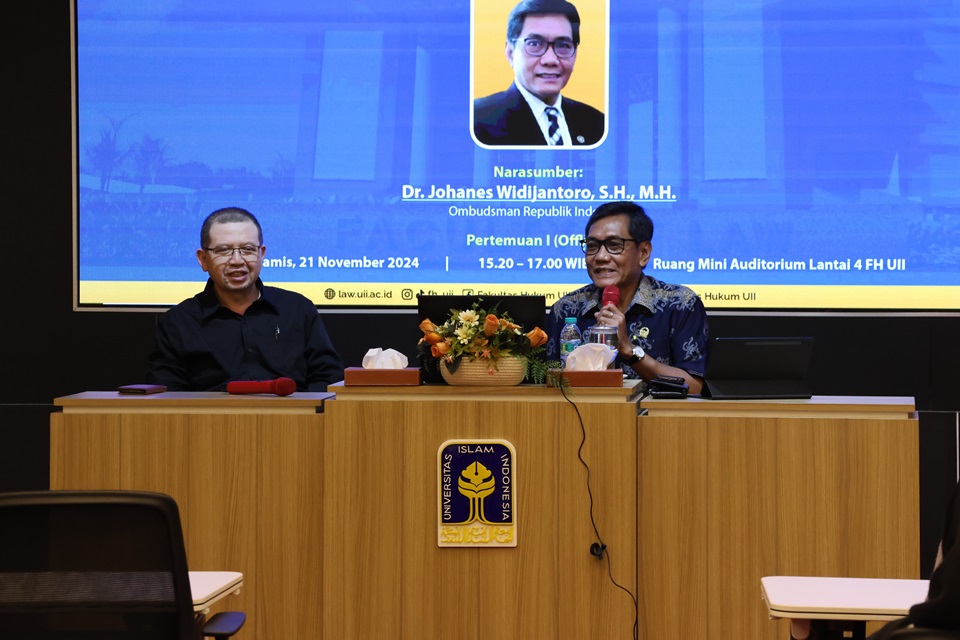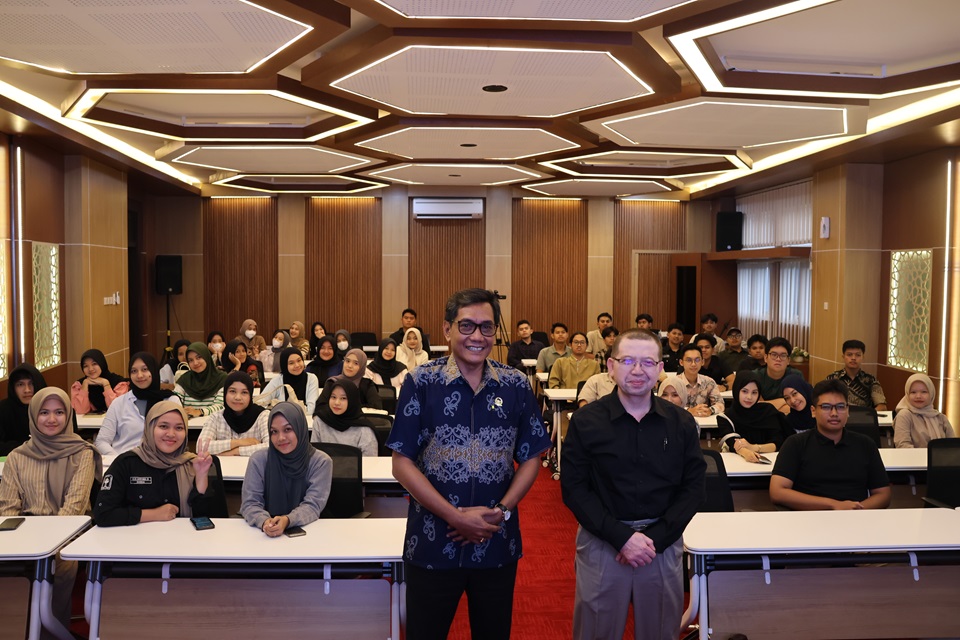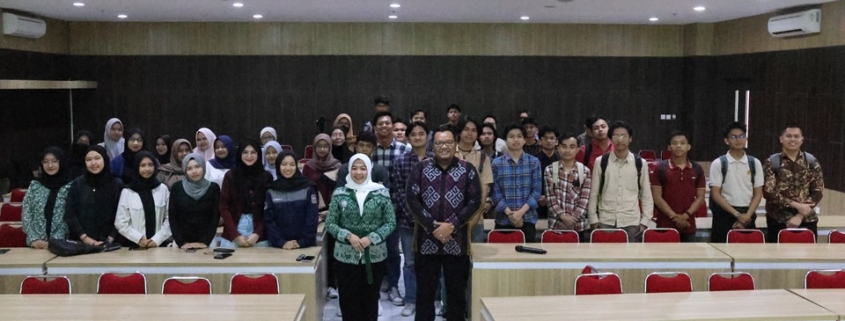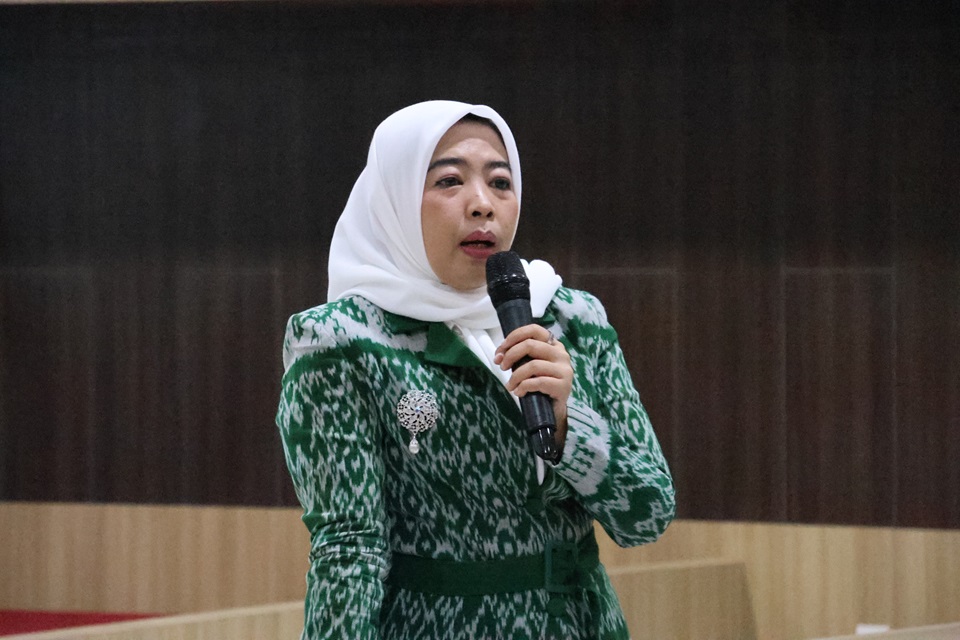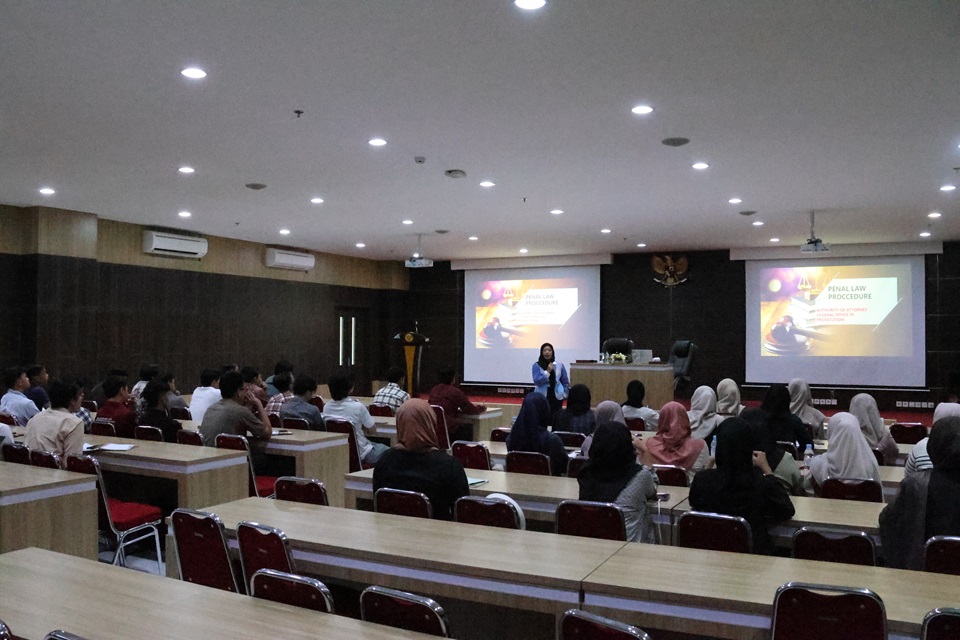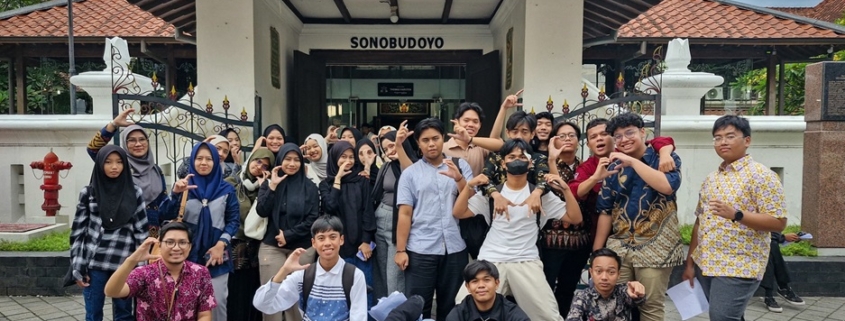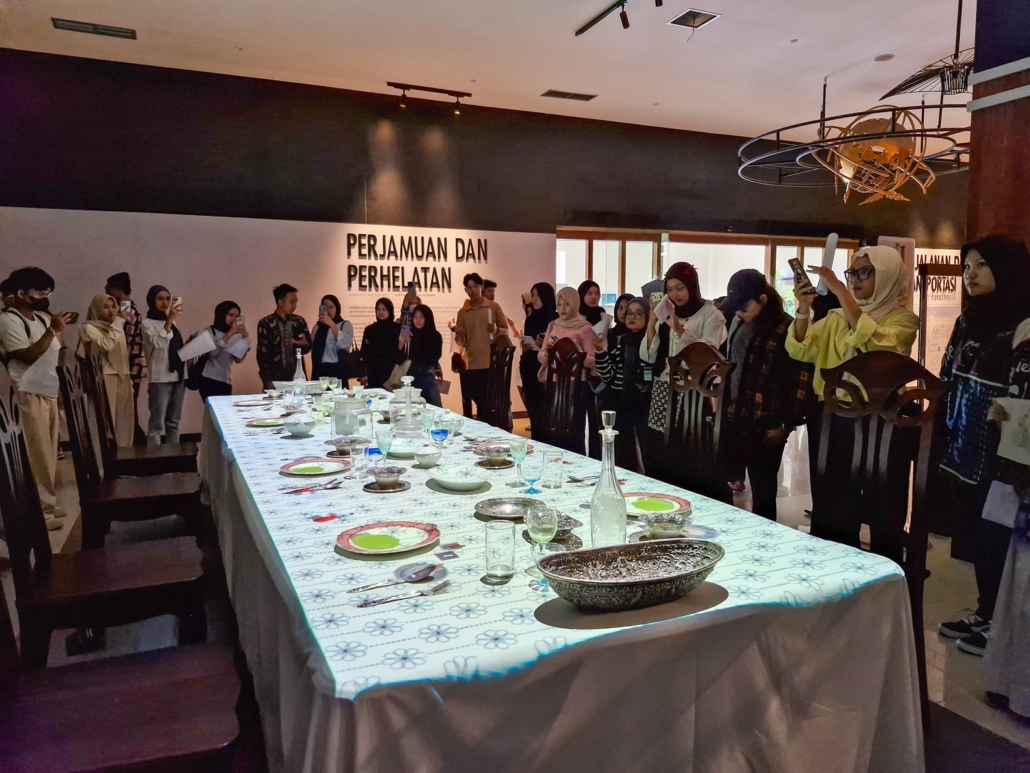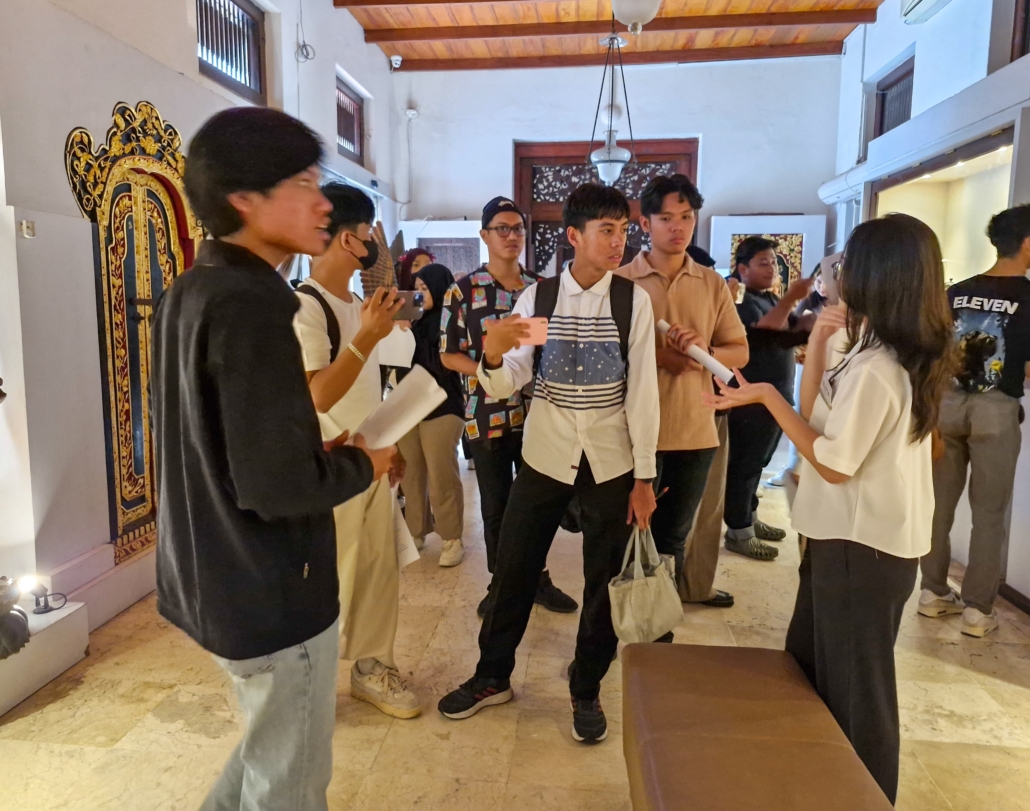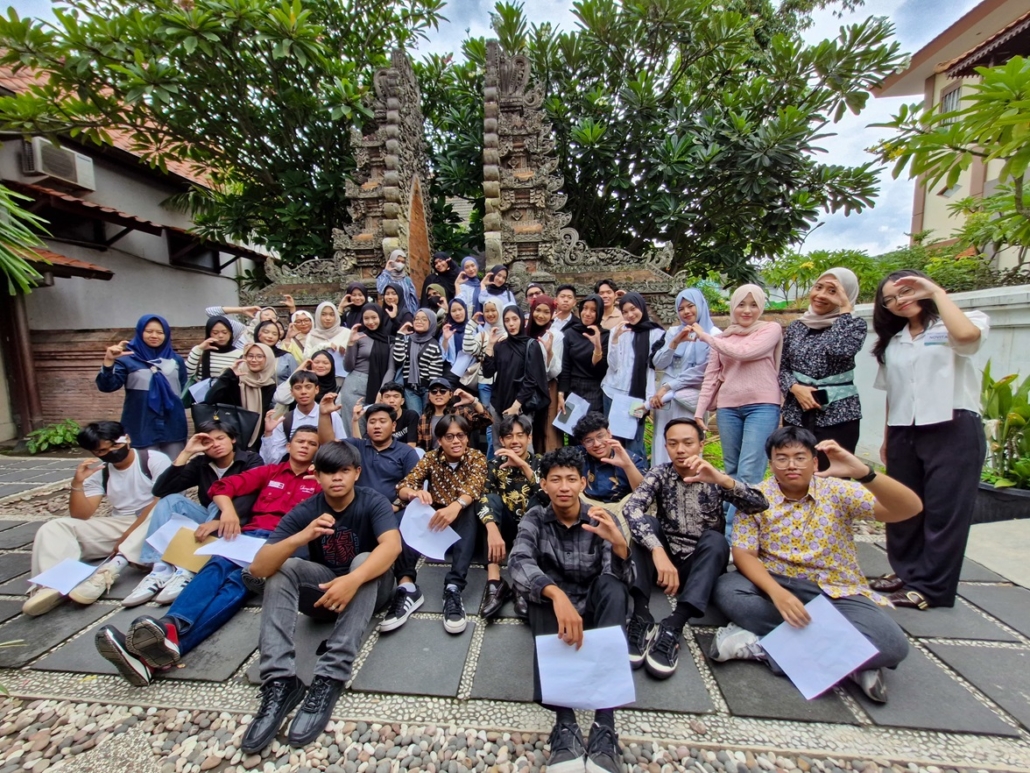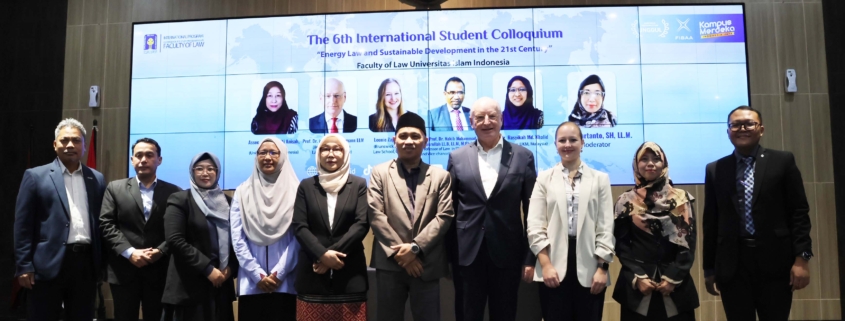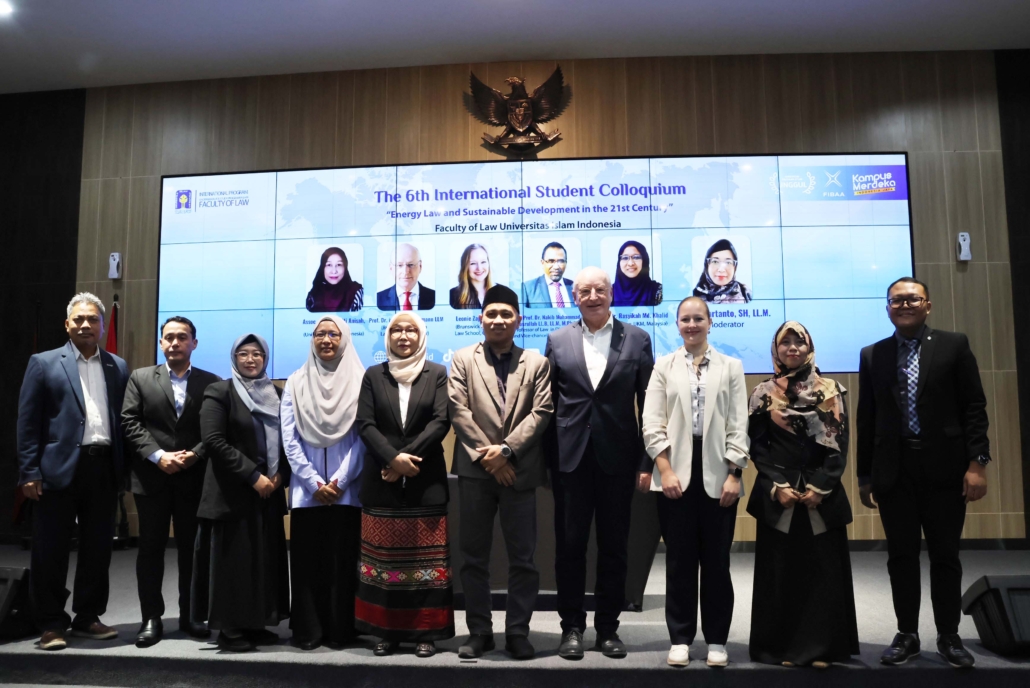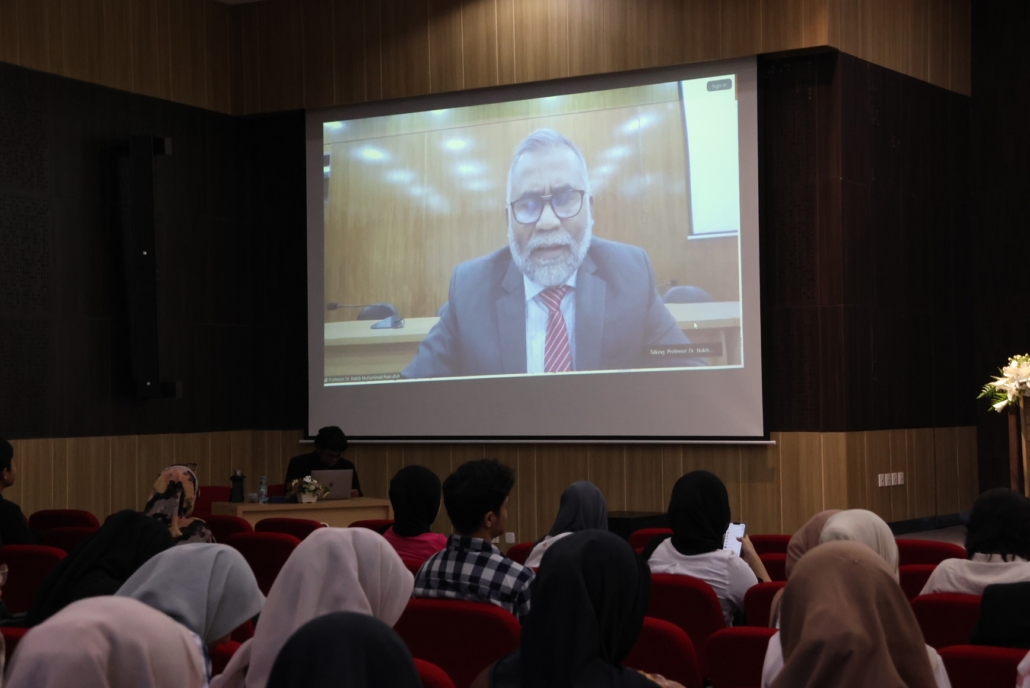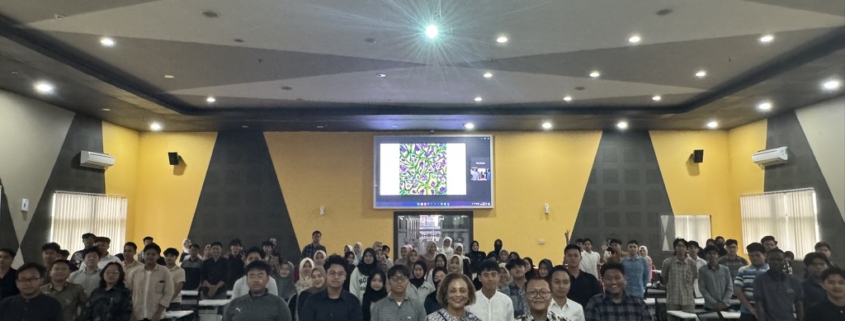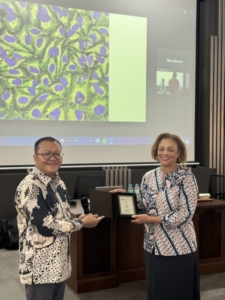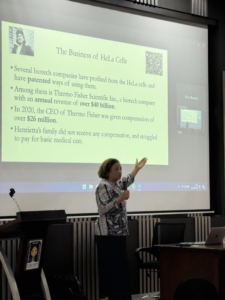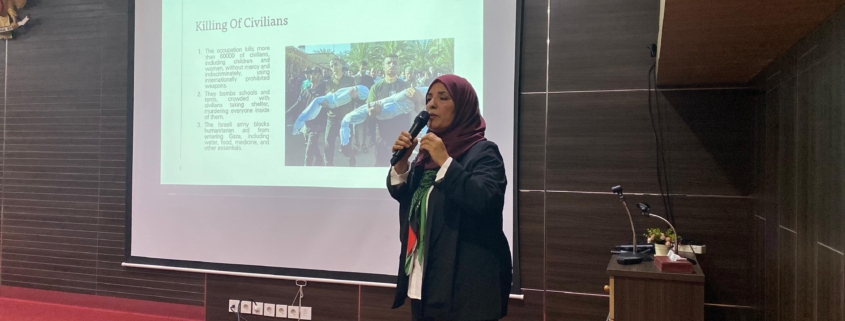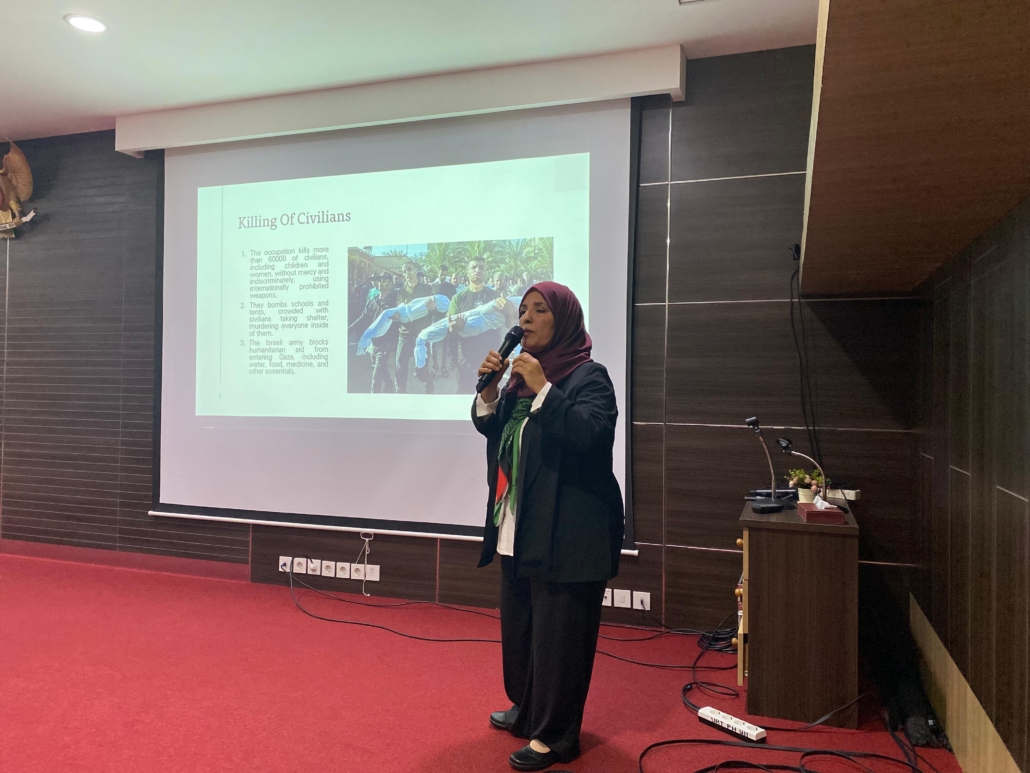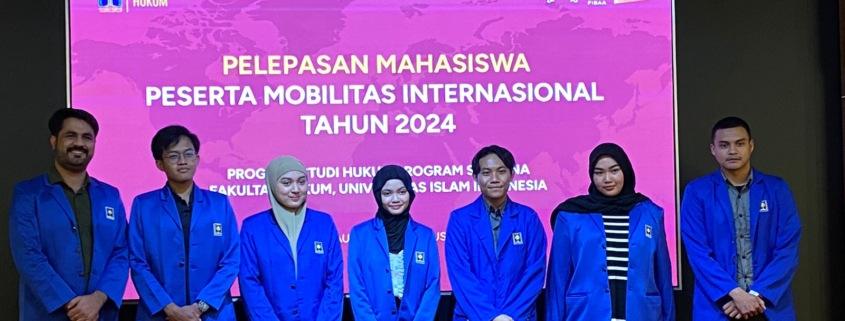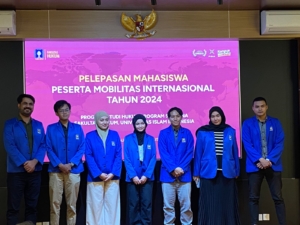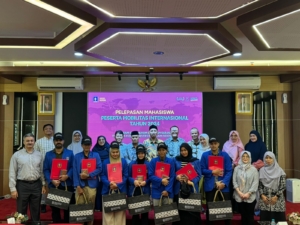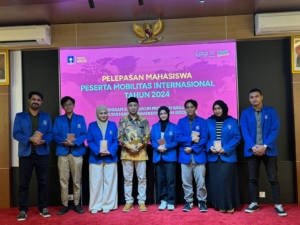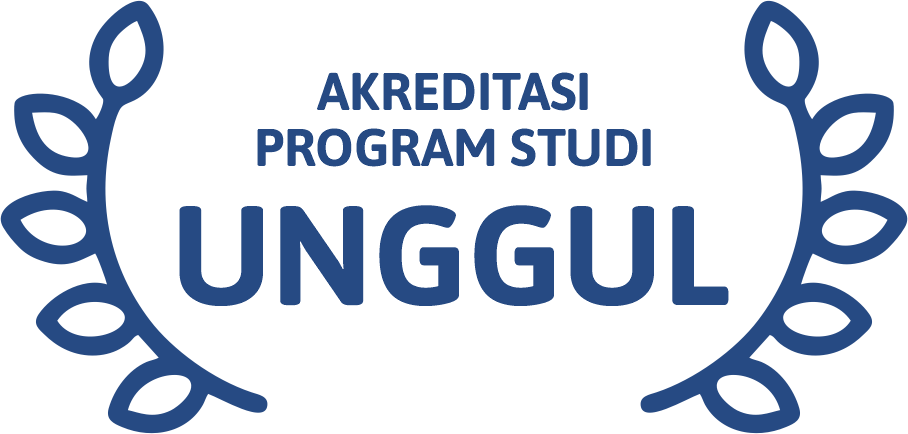On Thursday, December 12, 2024, the Undergraduate Study Program in Law, Faculty of Law, Universitas Islam Indonesia (UII) held a practitioner-sharing lecture on the subject, Law and International Relations. This activity was conducted online via Zoom Meeting, which started at 19.00–21.30 WIB and was mandatory for Class G Law and International Relations students. The practitioners invited to this lecture were alumni of the International Program, Faculty of Law UII, namely Anditya Hutama Putra, as the First Secretary, Young Diplomat Functional, Directorate of ASEAN External Cooperation, with the theme of discussion “Drafting and Negotiating International Treaties: Indonesia’s Role and Current Global Challenges.” This practitioner sharing lecture was moderated by Dodik Setiawan Nur Heriyanto, S.H., M.H., LL.M., Ph.D., as a lecturer in the Department of International Relations and also the Head of the Undergraduate Law Study Program, Faculty of Law UII.
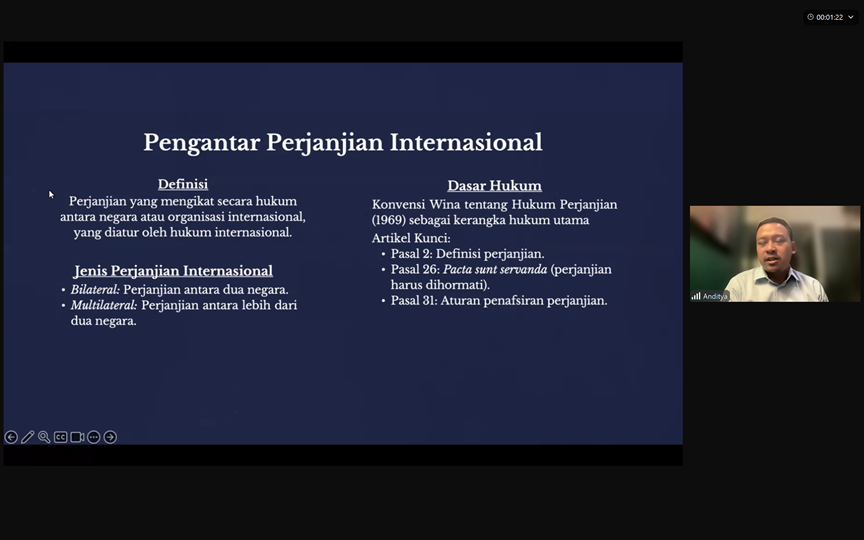
In his presentation, the speaker explained that “an international agreement is an agreement that is legally enforceable between countries or sources of international organizations that have been regulated by international law. The types of agreements are bilateral and multilateral agreements. In making an international agreement, it cannot be made directly, but there are several processes that need to be carried out, such as making initial proposals and research, drafting, consulting, and negotiating, legal and technical reviews, adopting and signing, and ratifying and implementing. In the dynamics of negotiations, Indonesia also has a role in negotiating agreements; for example, Indonesia has an important role as the founder of ASEAN in drafting the ASEAN Charter and participating in mediation efforts in resolving disputes within the ASEAN framework. On the other hand, there are also global challenges in implementing the agreement, which are divided into 2 points, namely domestic challenges and international challenges. ” Before the event was closed, the agenda continued with a question and answer session, discussion of case studies, and ended with a group photo via Zoom Meeting guided by the moderator. This teaching practitioner lecture took place in three meetings, with details of two meetings being held face-to-face and one meeting being conducted by giving assignments.
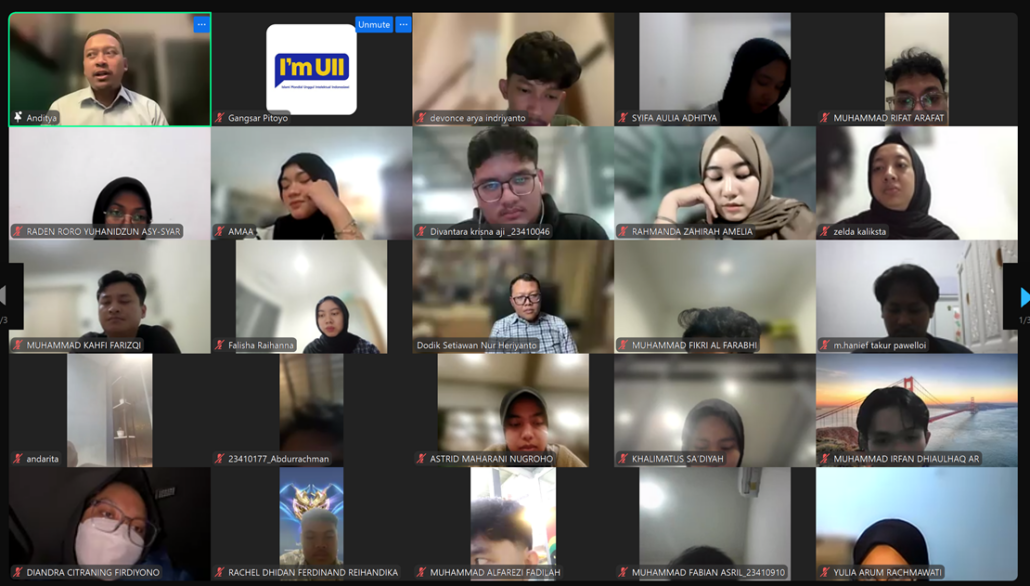
Drafting and negotiating international treaties is a fairly complex diplomatic process because two or more countries negotiate with each other to reach a written agreement on various issues, ranging from investment and trade to cooperation in the fields of environment and security. So drafting and negotiating international treaties is an essential process for Indonesia to play an active role in overcoming global challenges. Therefore, by understanding Indonesia’s role and the challenges it faces, we can better appreciate the importance of diplomacy and international cooperation in building a better world.

